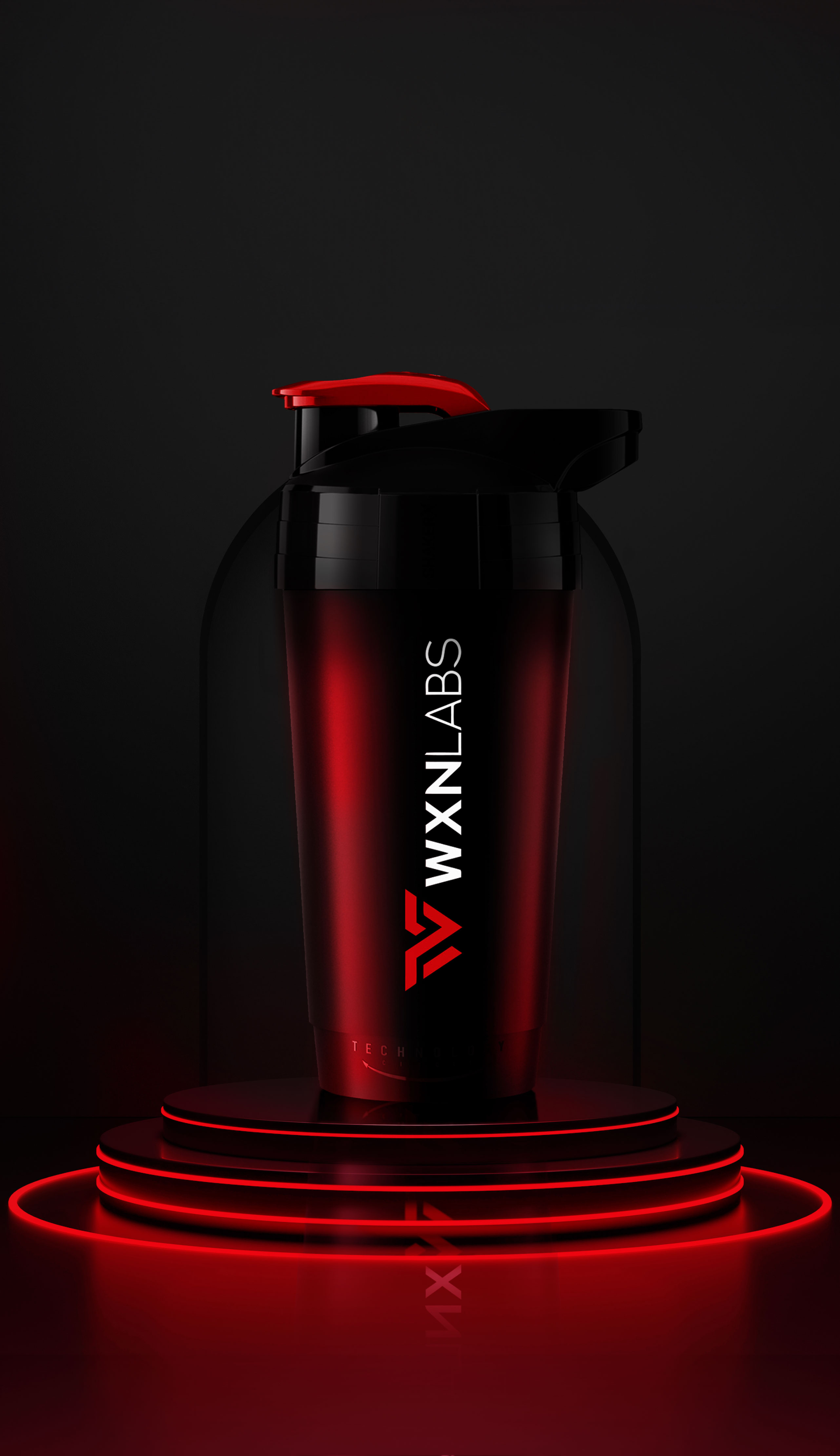Spis treści:
Just as the brain needs rest after intense, strenuous study and work, similarly, muscles require recovery, especially after a hard training session. Training too hard without proper recovery can be ineffective. Muscles stimulated for too long will refuse to obey, and instead of growing, they will get stuck.
It is also worth mentioning why this process plays such an important role in the overall muscle mass building and body shape recomposition. Muscles and joints and tendons that are damaged during training need time to rebuild. Correctly regenerated cells will provide the right amount of energy needed to increase the load and intensity of training. And this, in turn, will result in better results. Ways that will support muscle and body rest are many. Which are the best?
Stretch yourself!
And we are not at all referring to the use of stretching exercises at the end of strength training. Stretching can be a completely separate type of physical activity, carried out, for example, on a day off from strength training or interval training. Stretching, even for a short period of time, will not only support recovery processes, but will also help to increase the body’s mobility, make muscles and joints more flexible, and permanently extend the range of motion.
Check out the offer pre-workout products from WXNLabs!
Take a bath
Cleansing and refreshing the body after exercise is one thing, but when it comes to bathing in the context of post-workout recovery, it’s all about using water to speed up the return of muscles to full function. One way to recover muscles is by bathing in ice-cold water. However, you may also encounter opinions that a better option for relaxing and resting muscles is to use hot or strongly warm water. Which will be more beneficial? Of course – it depends. In the case of high-intensity workouts and heavy loads, cold baths are probably better – during this process, blood vessels constrict, so there is less chance of storing lactic acid. The result is precisely faster recovery after training.
Warm baths, on the other hand, can be combined with lighter physical activities – this will help eliminate muscle stiffness and reduce muscle tension. It’s worth noting that every body is different so it’s best to see for yourself which way will have a better effect on recovery in your case.
Support your body with supplements
The entire diet, as well as the post-workout meal, play an important role in both training success and muscle recovery. However, they can often be insufficient. It is worth choosing the right supplementation to support this process.
One supplement designed for athletes that will be a valuable addition to a recovery diet is glutamine. This amino acid is present in the body, but its level, due to intense strain on the body, can decrease. The use of supplements with L-glutamine can affect muscle recovery after training.
An important ingredient in the diet of athletes are omega 3 acids. While they are important in everyone’s diet, in the case of sports people they can contribute to improving the course of muscle recovery and help them gain muscle mass faster. This is because omega 3 acids help in the synthesis of protein. In addition, they have a positive effect on cell membranes, so that better absorption of vitamins and minerals into the body is possible.
Post-workout supplements are also a useful product for recovery. Depending on individual needs, supplements that will help with muscle recovery include creatine and carbohydrates.
Take care of your sleep
The above-mentioned ways to recover after training, although very important, are not the most important. What will undeniably have the best effect on muscle recovery is sleep. There is a reason why scientists, doctors and trainers repeatedly call for getting enough sleep. The amount of time devoted to sleep is of paramount importance for proper recovery, not only physically, but also mentally. From the perspective of athletes, however, it should be noted that somatotropin (growth hormone) is secreted more intensively during deep sleep. It is this hormone that is responsible for rebuilding tissues that have been damaged during training, and therefore it supports the process of muscle recovery. Somatotropin is also responsible for fat burning, as well as muscle growth. The average length of sleep that will allow the body to recover properly after training is 7-9 hours.
The entire training process is not just based on proper diet and frequent workouts. It is many factors, including. sleep, supplementation and stretching, which correlate with each other. Only their proper balance can help achieve the right desired results. Regeneration of the body after training is an important part of working on the figure, so it is not worth skipping.








